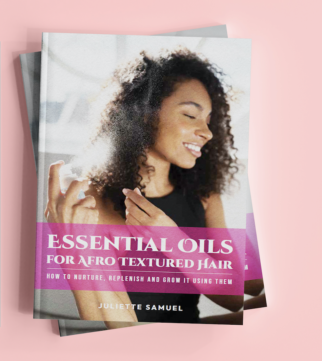 Can African American Skin Care help fight the winter itch? As you move into the winter season, it’s important for you to have a skin care regimen for your African American skin. The outermost layer of your skin, technically known as the stratum corneum, is what protects your body. In order for it to protect your body properly, it must be elastic and flexible and that’s only possible when your skin is properly hydrated.
Can African American Skin Care help fight the winter itch? As you move into the winter season, it’s important for you to have a skin care regimen for your African American skin. The outermost layer of your skin, technically known as the stratum corneum, is what protects your body. In order for it to protect your body properly, it must be elastic and flexible and that’s only possible when your skin is properly hydrated.
Normal healthy skin is between 20-35% water but each day it looses approximately a pint of water. When the humidity drops as it does in the colder months, there’s a tremendous loss of moisture as the dry air pulls the moisture from your skin.
Is African American Skin Characterized As Itchy Skin?
When the water content of your skin drops below 10%, it begins to dry out and brings discomfort that’s characterized by itchy, flaky skin.
Now if you add exposure to irritants such as soap and even water, you could worsen the condition of your skin. Even drier skin may become cracked and infected. With less water in your skin, it no longer exfoliates properly.
In order to address the discomfort caused by loss of moisture and dry itchy skin, contrary to popular belief, moisturizers do not add moisture to your skin. What they do, is help restore the barrier function of your stratum corneum and cover breakages and cracked lines in your skin.
Moisturizers typically include the following ingredients:
Occlusives– they preserve moisture levels in your skin. Natural ingredients in this category might consist of butters and oils.
Humectants – Humectants attract water from the dermis. Ingredients in this category include Coenzyme Q10, Algae Extract, Hyaluronic Acid and Vitamin E.
One of the best natural humectants to use on your skin in honey. Yes, Honey!
Emollients – These act as lubricants and increase your skin’s flexibility and smoothness. They also help give your skin its silky texture. Jojoba oil falls into this category.
Dry winter African American skin is best treated with a moisturizer that is rich in humectants. You will typically find this formulation heavier than regular moisturizers and they are marketed and sold as night creams.
If your beautiful African American is dry and still needs special attention:
- Try taking shorter showers and reduce the water temperature.
- Avoid harsh soaps and detergents as well as frequent use of hand sanitizers.
- Use a cool mist humidifier in your home and office to maintain proper humidity levels.
African American skin care, fighting the winter itch. Try these tips and watch your skin gain and keep its moisture.
That’s it for this week. As always …
Dedicated To Your Beauty,
Juliette Samuel,
Esthetician/Author/Publisher




 Facebook
Facebook Twitter
Twitter Delicious
Delicious Digg
Digg Myspace
Myspace StumbleUpon
StumbleUpon Youtube
Youtube